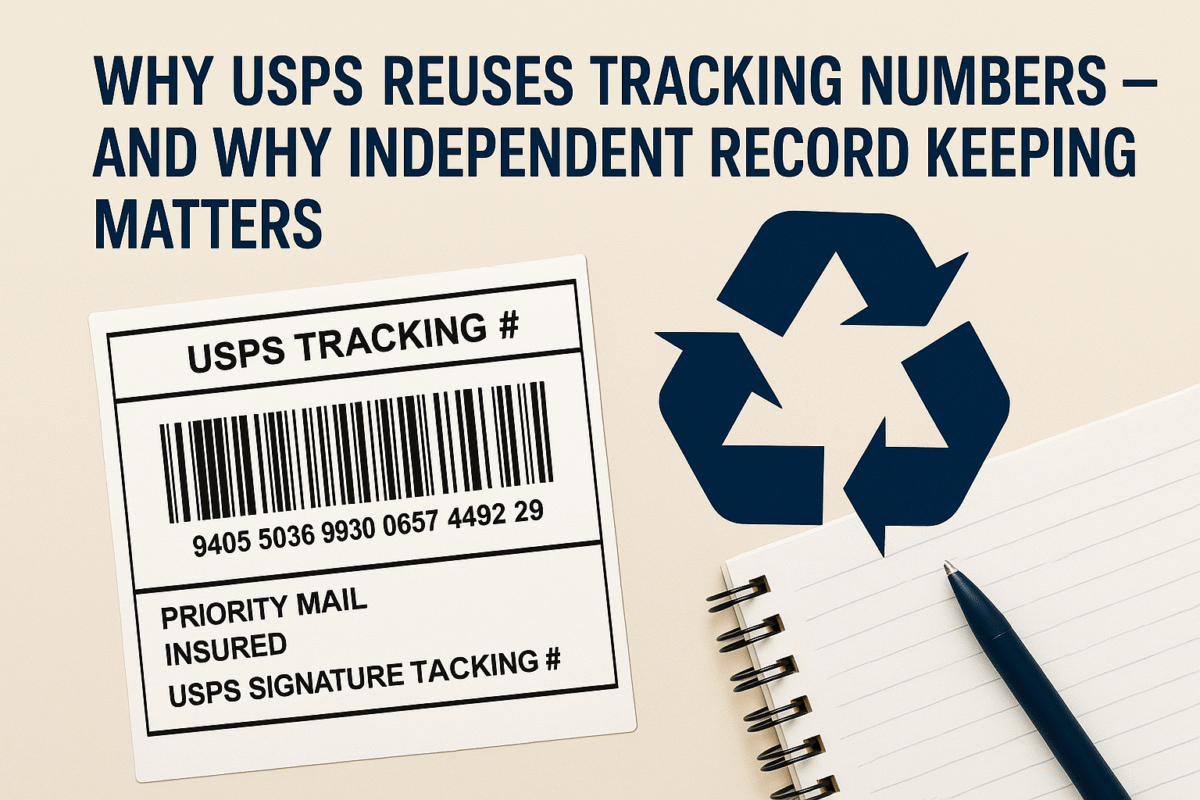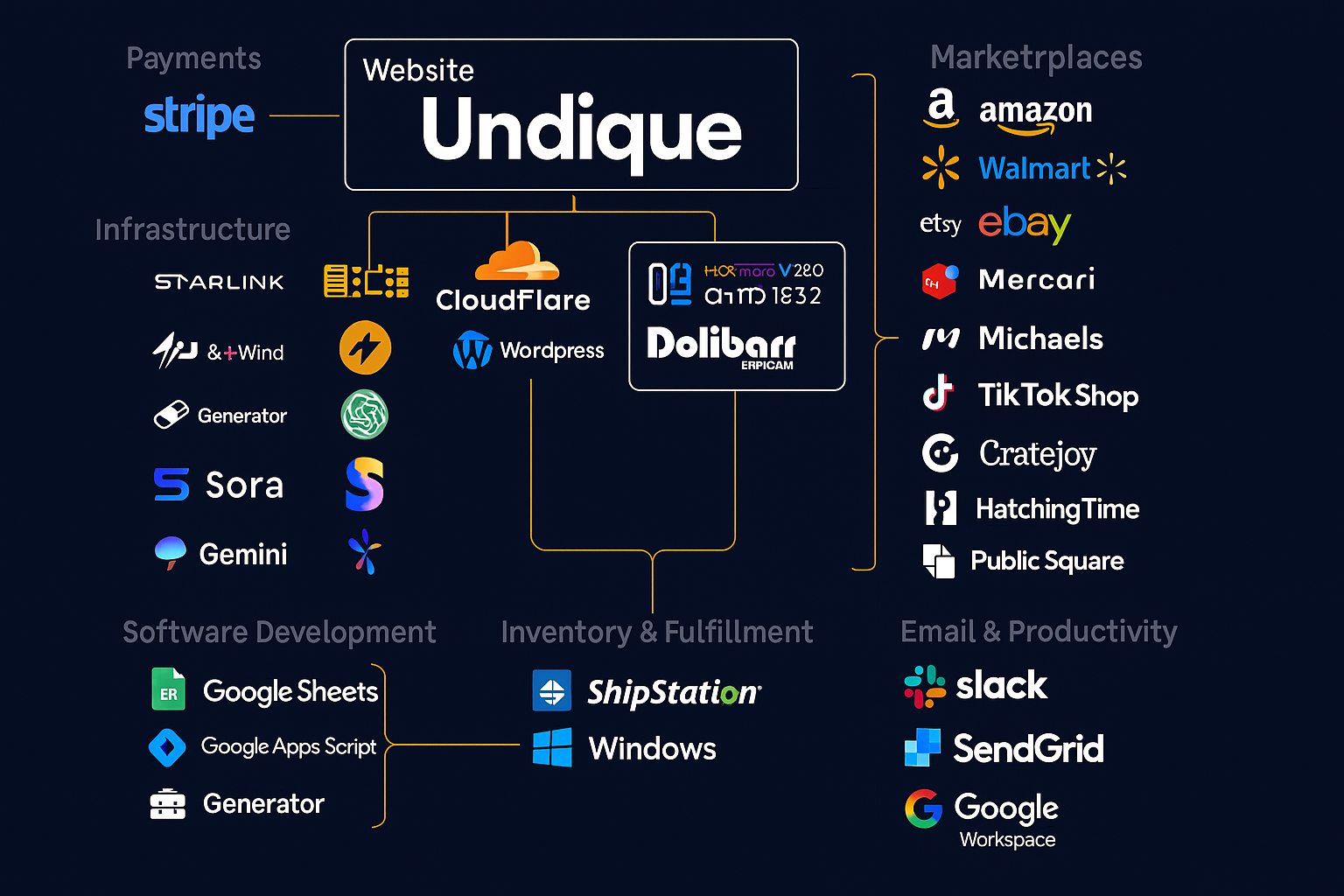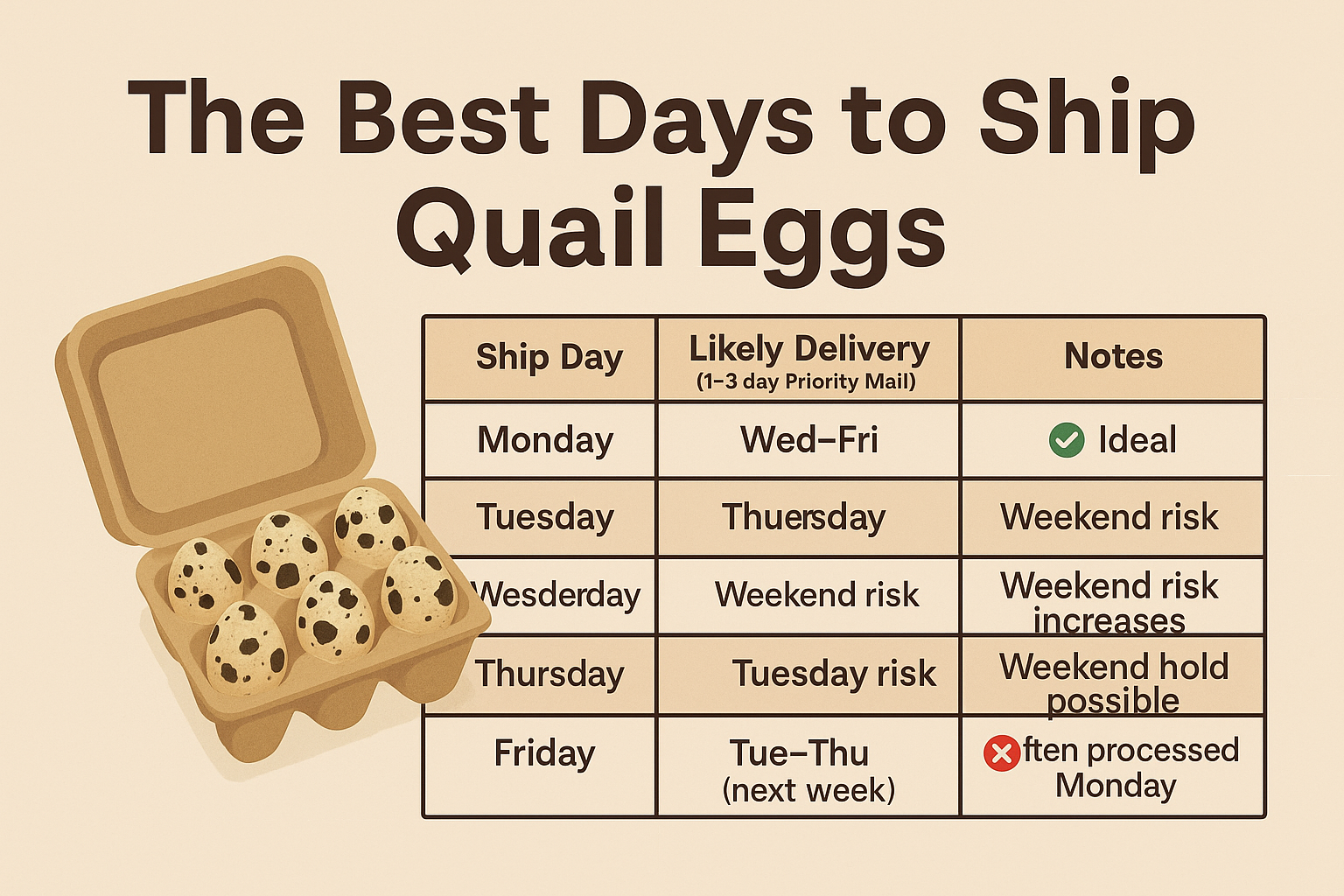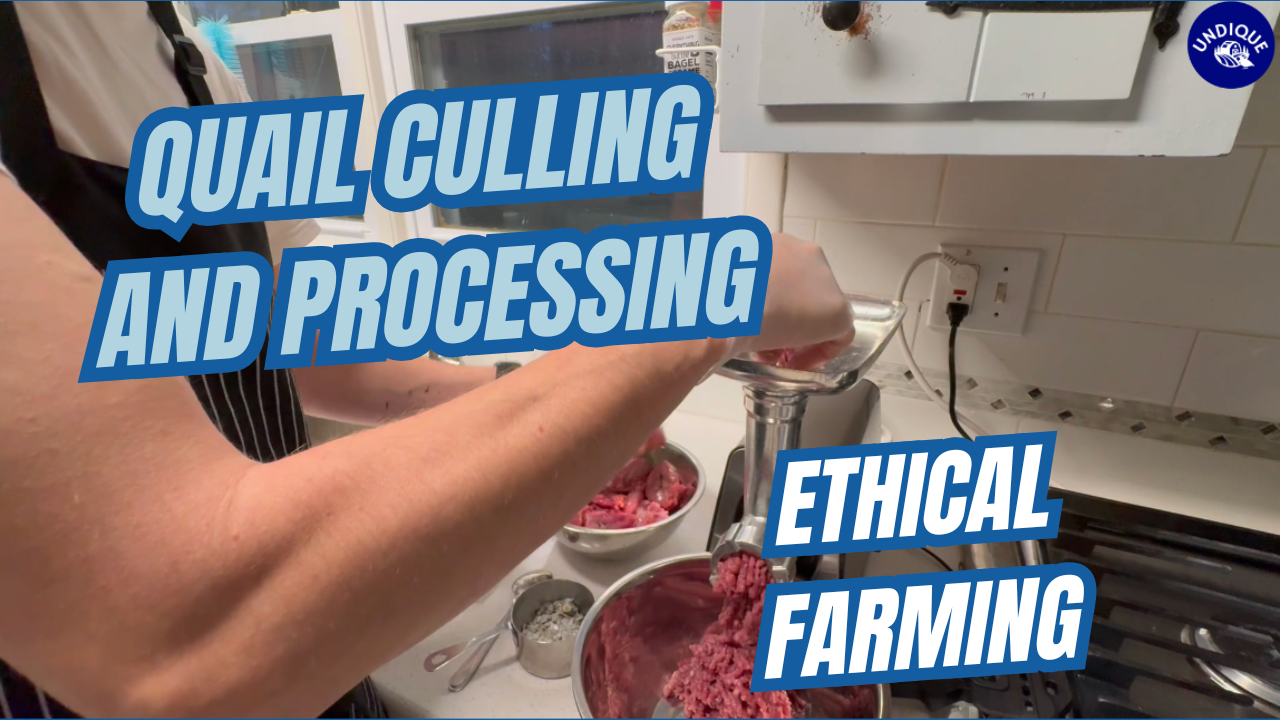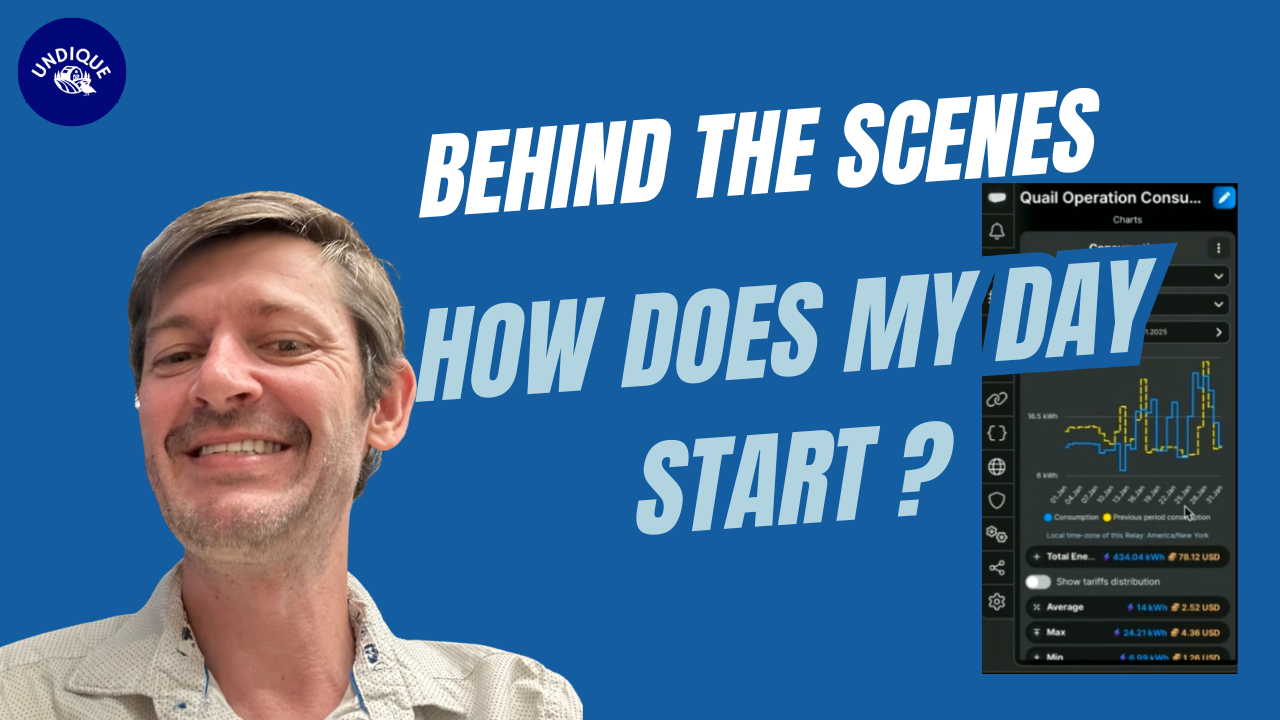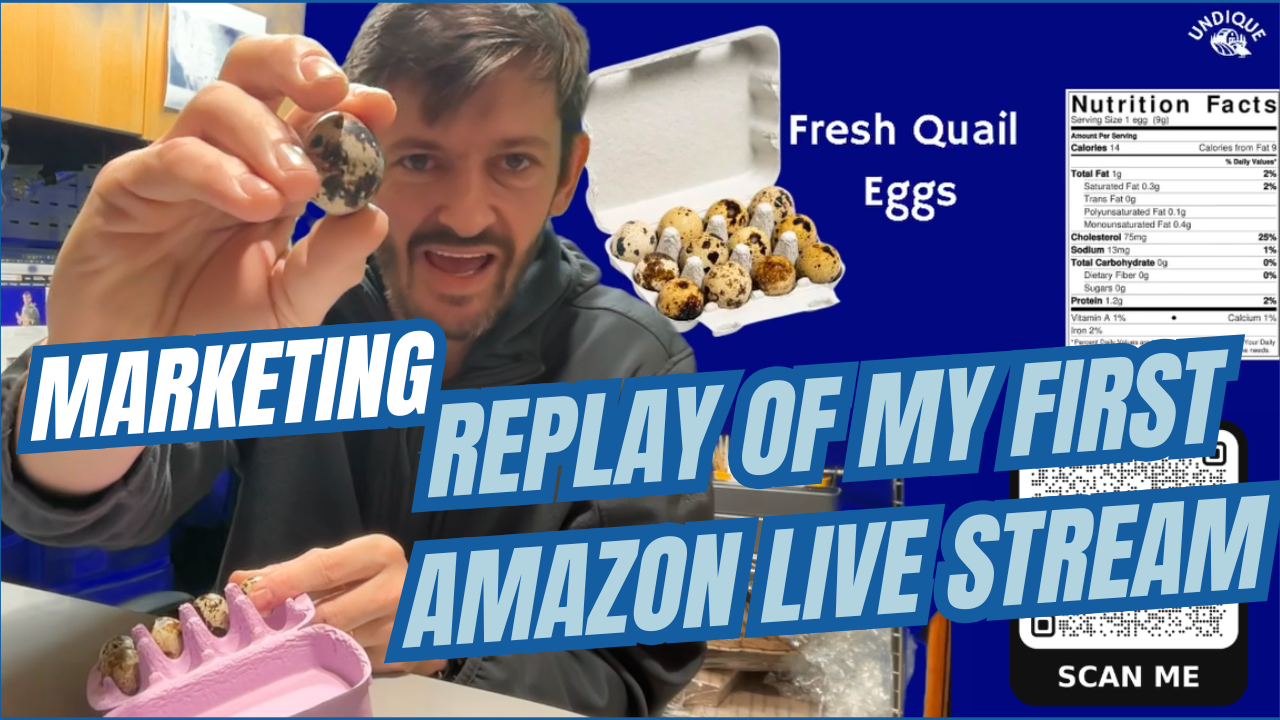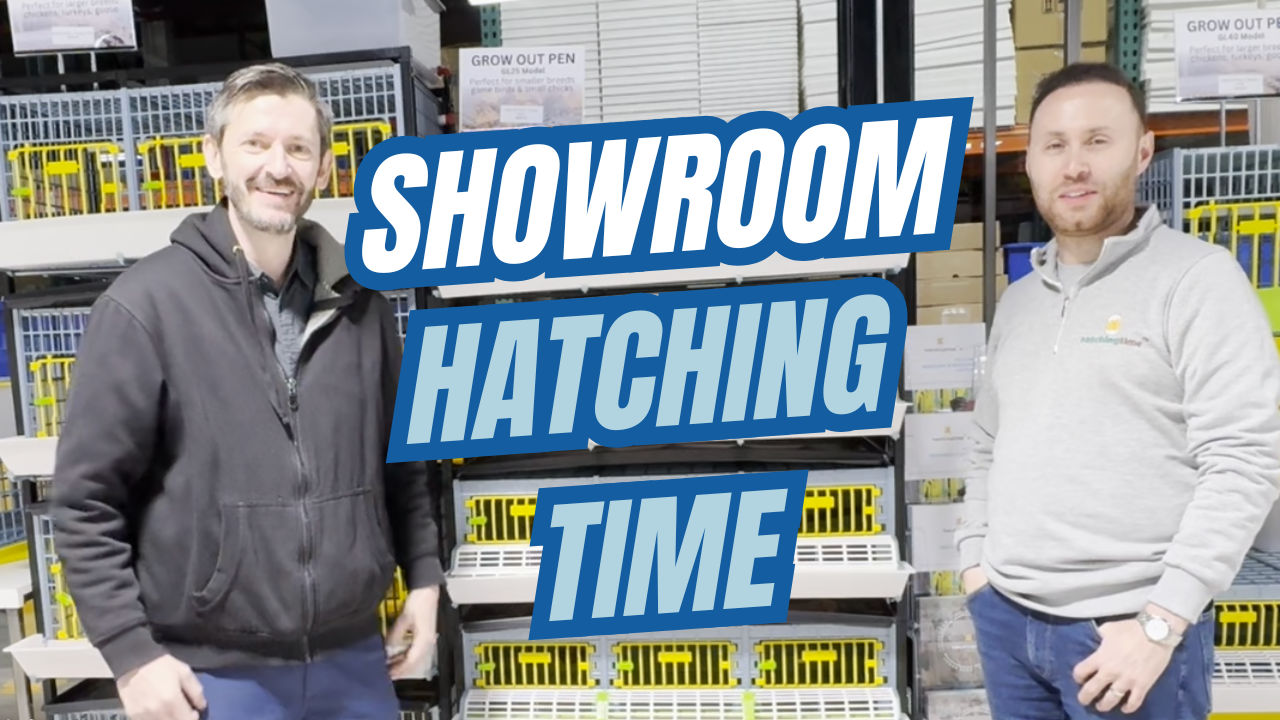NEWS
The Pandemic of “Are You the Owner of the Store?” Messages — and How to Protect Yourself from Fake Shopify “Experts”
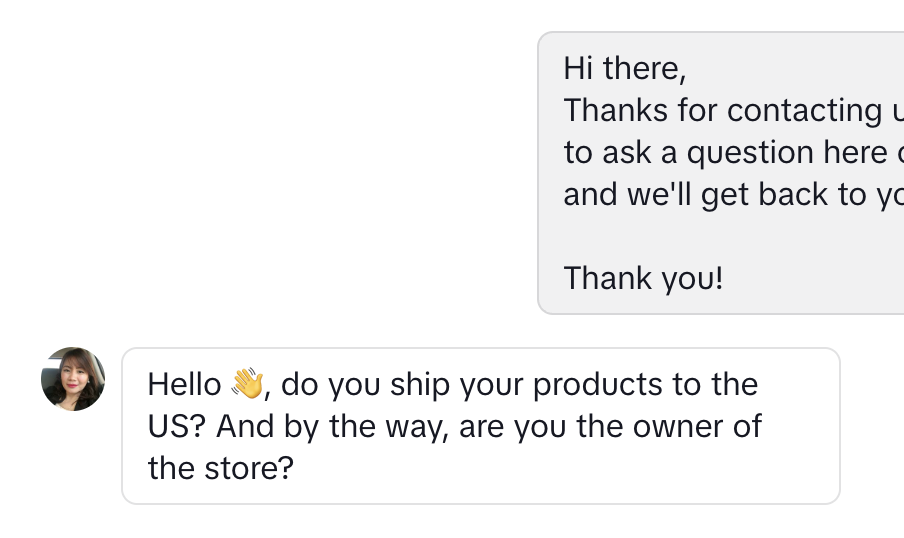
If you run a Shopify store, you’ve probably seen it:
Messages flooding your inbox or chat that start with something like,
“Hey, are you the owner of this store?”
They might show up in your contact form, Instagram DMs, or even on WhatsApp. At first glance, they seem friendly — maybe even helpful. But behind most of these messages is a growing scam wave targeting small business owners, especially those who use Shopify.
Let’s break down what’s really going on — and how you can protect your business.
🚨 The Anatomy of the “Shopify Expert” Scam
It usually starts with a short, casual message:
“Hi, are you the owner of this store?”
“I saw your website and wanted to offer help improving sales.”
“We can fix your SEO / design / conversion rate / speed issue today.”

These messages are designed to sound harmless — a quick way to start a conversation. But once you respond, the sender often:
- Pretends to be a Shopify Partner or Expert, even using fake certificates or logos.
- Requests access to your Shopify admin or analytics “to do a quick audit.”
- Pressures you to send money upfront for services like marketing, SEO, or theme optimization.
- Disappears after payment or worse — installs malicious code, steals data, or copies your product catalog.
The scale of this problem is massive. As Shopify becomes more popular, bad actors follow the crowd, targeting busy store owners who may not have time to verify every message.
🧠 Why These Scams Work
Most small businesses on Shopify are run by hardworking people focused on their craft — not on vetting digital contractors. Scammers know that offering quick “fixes” at cheap prices can sound appealing when sales are slow or the to-do list is long.
They also exploit FOMO — the fear of missing out. Phrases like “your store speed is low,” “you’re losing sales daily,” or “Shopify penalizes slow stores” are meant to trigger urgency and get you to act fast without checking credibility.
🛑 How to Avoid Getting Scammed
Here are simple, effective ways to protect yourself:
- Never give admin access to someone who cold messages you.
Only invite verified professionals through the Shopify Collaborator Request system, where they must use a real Shopify Partner ID. - Check their domain and portfolio.
A real expert or agency will have a legitimate business website, client examples, and verifiable testimonials. - Look for transparency, not pressure.
True professionals explain their process clearly — they don’t use scare tactics or one-line messages. - Verify through Shopify’s Expert Marketplace or Partner Directory.
You can search by location, skill, or project type to find real, vetted professionals. - Avoid freelancers who won’t use contracts or invoices.
If they want payment only through PayPal “friends and family” or cryptocurrency — walk away.
🤝 How to Choose the Right Shopify Partner
The right partner will:
- Take time to understand your brand, your goals, and your audience.
- Communicate clearly and educate you, not confuse you.
- Offer ongoing support, not just one-time quick fixes.
- Provide a track record of results — not just screenshots.
At Undique, we’ve helped small farms, pet brands, and handmade product sellers grow from side projects into real e-commerce operations. We believe that a trustworthy Shopify partner should simplify your life, not complicate it.
When you’re ready to grow, look for someone who treats your store like their own — not just another gig.
💬 Final Thought
The “Are you the owner of the store?” epidemic is a reminder that not every helping hand online is genuine.
Your Shopify store is valuable — treat access to it like the keys to your business.
If you’re unsure about a message or need help evaluating whether an offer is real, get a second opinion before you click or pay.
Your business deserves better than random DMs.
Choose partners who build trust first — and everything else will follow.


